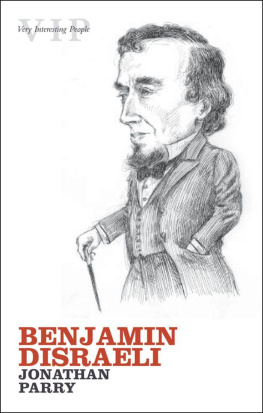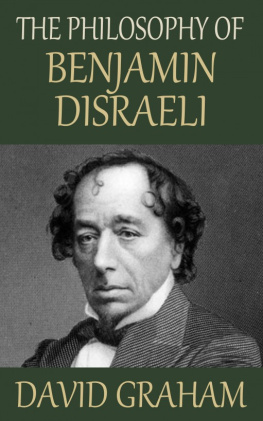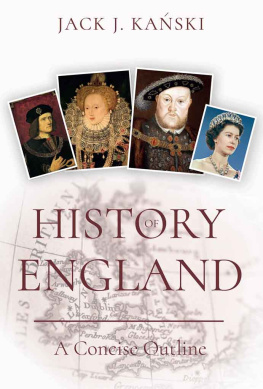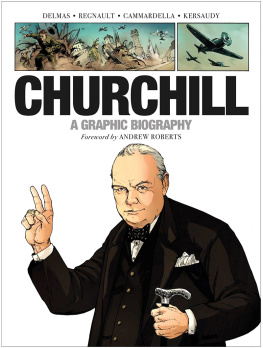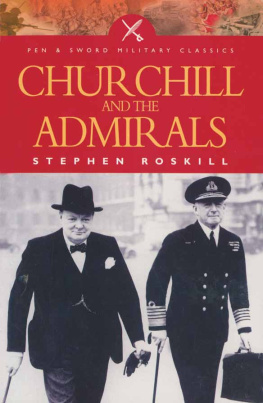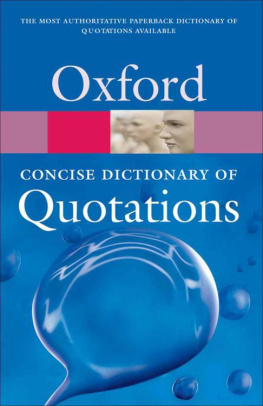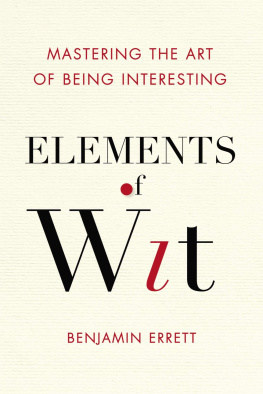Benjamin Disraeli

Bite-sized biographies of Britains most
fascinating historical figures
CURRENTLY AVAILABLE
1. William ShakespearePeter Holland
2. George EliotRosemary Ashton
3. Charles DickensMichael Slater
4. Charles DarwinAdrian Desmond, James Moore,
and Janet Browne
5. Isaac NewtonRichard S. Westfall
6. Elizabeth IPatrick Collinson
7. George IIIJohn Cannon
8. Benjamin DisraeliJonathan Parry
9. Christopher WrenKerry Downes
10. John RuskinRobert Hewison
FORTHCOMING
11. James JoyceBruce Stewart
12. John MiltonGordon Campbell
13. Jane AustenMarilyn Butler
14. Henry VIIIE. W. Ives
15. Queen VictoriaH. C. G. Matthew and K. D. Reynolds
16. Winston ChurchillPaul Addison
17. Oliver CromwellJohn Morrill
18. Thomas PaineMark Philp
19. J. M. W. TurnerLuke Herrmann
20. William and MaryTony Claydon and W. A. Speck
Benjamin Disraeli

Jonathan Parry


Great Clarendon Street, Oxford ox2 6DP
Oxford University Press is a department of the University of Oxford.
It furthers the Universitys objective of excellence in research, scholarship,
and education by publishing worldwide in
Oxford New York
Auckland Cape Town Dar es Salaam Hong Kong Karachi
Kuala Lumpur Madrid Melbourne Mexico City Nairobi
New Delhi Shanghai Taipei Toronto
With offices in
Argentina Austria Brazil Chile Czech Republic France Greece
Guatemala Hungary Italy Japan Poland Portugal Singapore
South Korea Switzerland Thailand Turkey Ukraine Vietnam
Oxford is a registered trade mark of Oxford University Press
in the UK and in certain other countries
Published in the United States
by Oxford University Press Inc., New York
First published in the Oxford Dictionary of National Biography 2004
This paperback edition first published 2007
Oxford University Press 2007
Database right Oxford University Press (maker)
First published 2007
All rights reserved. No part of this publication may be reproduced,
stored in a retrieval system, or transmitted, in any form or by any means,
without the prior permission in writing of Oxford University Press,
or as expressly permitted by law, or under terms agreed with the appropriate
reprographics rights organization. Enquiries concerning reproduction
outside the scope of the above should be sent to the Rights Department,
Oxford University Press, at the address above
You must not circulate this book in any other binding or cover
and you must impose the same condition on any acquirer
British Library Cataloguing in Publication
Data Data available
Library of Congress Cataloging in Publication
Data Data available
Typeset by SPI Publisher Services, Pondicherry, India
Printed in Great Britain
on acid-free paper by
TBC
ISBN 9780199213597 (Pbk.)
10 9 8 7 6 5 4 3 2 1
Contents
Preface
Benjamin Disraeli remains the most intriguing of nineteenth-century British politicians. He lacked a conventional public school and university background, but by oratory, flair and hard graft he overcame snobbery and anti-semitism to become prime minister for seven years. His epigrams and flamboyance provided a telling contrast not only with his great rival William Gladstone but also with the stolid and insular Conservative MPs that he led. His literary productivity and historical enthusiasms demonstrated his intellectual fertility, yet many contemporaries did not see him as a man of principle, and historiansand subsequent Conservative politicianshave assessed his political philosophy and legacy in profoundly different ways.
This short biography, written originally for the Oxford Dictionary of National Biography, offers a guide to his life, ideas and significance. Though primarily chronological, it also explores a number of underlying themes. One is his youthful Romantic desire for fame and belief in his own genius, leading him to abandon a humdrum legal career and launch himself as a novelist. He struggled to reconcile the worlds of imagination and actionhis desire for artistic creativity with his strong thirst for political position. His initial attempts to storm the ramparts of British politics were damaged by his self-presentation as an unconventional thinker at least as much as by his lack of connections.
In the 1840s Disraeli developed his ideas in a way more appropriate for an ambitious Conservative MP. This decade of national crisis was the most important influence on his career. He saw the need to attack social divisions by improving the vigour and tone of the governing classes, especially the aristocracy and the Church. He argued that the defence of religion, property and political leadership would benefit from the guidance of insightful mindslike his ownwhich understood both Jewish philosophy and English history. As a devoted student of the latter, he also criticized the excessive influence of the commercial classes on current British foreign and colonial policy, which he felt was damaging the national interest and honour. Most of his later political strategies bore some relationship, albeit indirect, to such ideas.
Disraeli once said that his politics could be summed up in one wordEngland. Patriotism was indeed a feature of many of his initiatives, though often conceived idiosyncratically. As a leader of the Conservative opposition throughout the long period of Liberal political dominance between 1846 and 1874, he tried many political manoeuvres. Marrying low intrigue with high philosophy, they were characteristically fertile and often impractical. Several times he tangled with issues of national religion, which he never understood as well as he thought he did. Finally, as prime minister of a majority Conservative government between 1874 and 1880, he sought to supply national leadership, particularly in foreign policy, in order to restore British greatness and win lasting fame for himself.
Disraeli always looked backwards more than forwards. Arguably he did not understand or seriously court the emerging urban democracy. Yet circumstances have given him a different posthumous image. To suit the interests of the Conservative party after 1881, he was reinvented as a populist, a social reformer and an imperialist. That his career after death has been so long and many-sided is a tribute to the creativity of his mind and the fascination of his life.
Jonathan Parry
August 2006
About the author
Jonathan Parry is a Reader in Modern British History at the University of Cambridge and a Fellow of Pembroke College. His principal publications include
Next page
